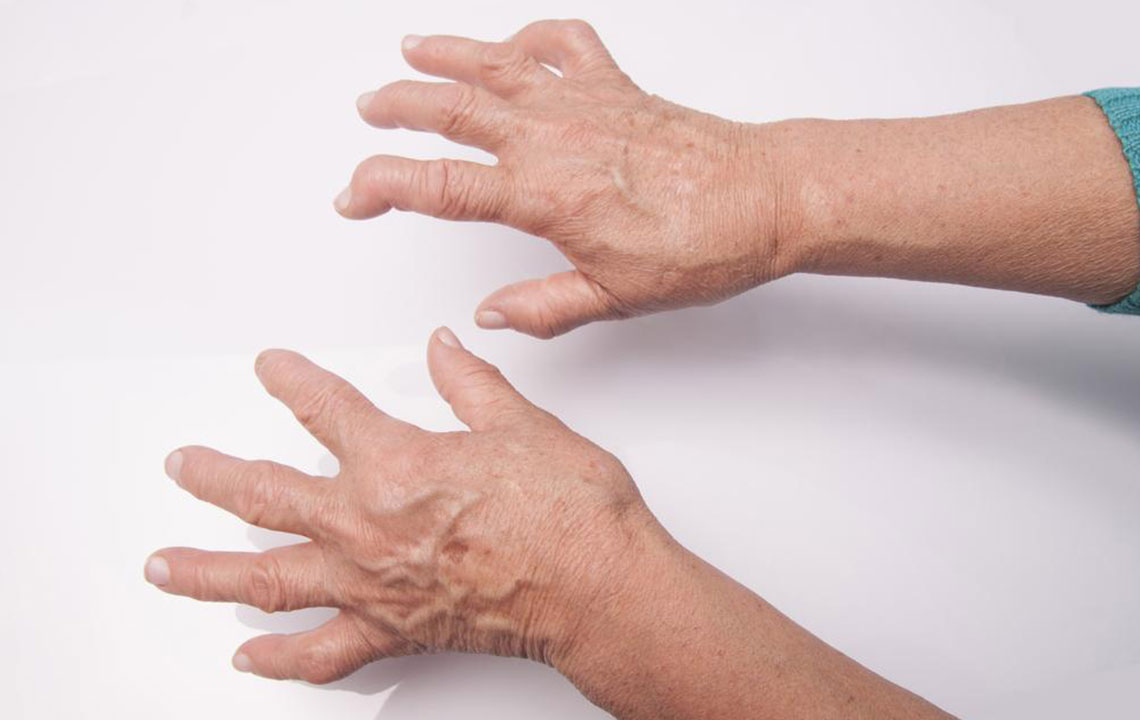Recognizing the Early Symptoms of Lymphoma
This article highlights key signs of lymphoma, emphasizing the importance of early diagnosis. Recognizing symptoms such as swollen lymph nodes, weight loss, night sweats, and organ-specific issues can aid in timely treatment. If you experience these symptoms, consulting a healthcare professional promptly can improve outcomes. Understanding these indicators helps in raising awareness about lymphoma and encourages early medical evaluation for better management and prognosis.

Recognizing the Early Symptoms of Lymphoma
Lymphoma, including Non-Hodgkin lymphoma (NHL), presents with a variety of signs which depend on its location and type. Often, symptoms might not appear until lymph nodes enlarge significantly. It's important to understand that experiencing one or more of these signs does not necessarily mean you have lymphoma, as similar symptoms can occur with less serious conditions. If you notice any related symptoms, consult a healthcare professional promptly for accurate diagnosis and treatment options.
Common symptoms associated with lymphoma include:
Swelling in the abdomen
Chest discomfort or pressure
Recurrent or severe infections
Enlarged lymph nodes
Unexplained weight loss
Easy bruising or bleeding tendencies
Loss of appetite
Difficulty breathing or persistent cough
Fatigue
Chills
Some patients may experience B symptoms, which are indicative of active disease. These include:
Profuse night sweats
Unintentional weight reduction of at least 10% over six months
Fever that recurs over days or weeks without infection
Abdominal symptoms: Abdominal pain can result from organ enlargement, causing swelling and discomfort. Fluid buildup may also reduce appetite.
Chest-related symptoms: Involvement of the chest area often leads to coughing, chest pain, breathing difficulties, and increased pressure within the chest cavity.
Brain involvement: Non-Hodgkin lymphoma can affect the brain, leading to symptoms such as headaches, cognitive issues, weakness, personality changes, double vision, facial numbness, and speech difficulties.
If any of these signs are observed, it’s crucial to seek medical advice promptly. Early detection can significantly improve treatment success rates.










